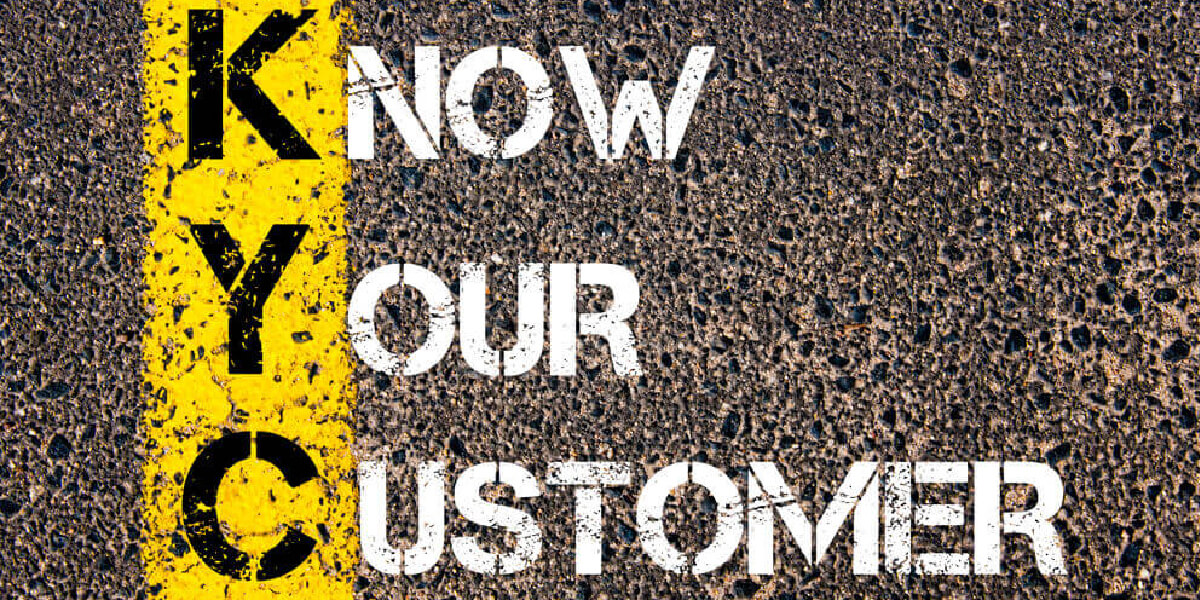How does CDD effectively help with AML Compliance?

CDD or customer due diligence in the banking sector and other financial firms is an important aspect of AML compliance. There are various international regulators that have strict guidelines issued over the years in order to clamp down money laundering and transference of funds for terrorist activities. United States’ Federal Financial Institutions Examinations Council on Customer Due Diligence (FFEIC) and the Financial Action Task Force (FATF) are among some of the major global organisations to set forth the regulations to combat financial crimes.
Here are some of the basic pointers to help you understand the phenomenon of Customer Due Diligence for banks and other financial institutions along with AML compliance.
Customer due diligence in banking industry
Customer due diligence means identifying who your customers are by verifying various pieces of information such as their name, address, date of birth, and official identification document obtained from a reliable and independent source.
In today’s heavily regulated markets it is more important than ever to know your customers. Identifying them accurately using KYC processes for customer due diligence during the early stages of onboarding can ensure that your organisation does not lose money to frauds or that your institution is not charged with a fine from national or international regulators for non-conformity. The main benefit of the customer due diligence process in banking is therefore assessing the level of financial risk a customer may pose to your overall operations through a risk-based approach. There needs to be a solid effort on part of the financial institutions including banks to follow through the money trail, origin & destination of transactions, legality of the business, and revenue streams. International governments around the globe are increasingly stressing upon the importance of the customer due diligence for banks, and to have sufficient processes in place to verify and identify their customers. Customer due diligence in banking is important to prevent significant financial losses due to reputational, operational, and legal damages, caused by money laundering and related financial crimes.
The customer due diligence process in banking ensures that the banks regularly maintain and update their policies to verify customers’ during onboarding and to determine the on-going pattern of transactions to detect money-related crimes through suspicious accounts.
With the right customer due diligence in banking practises, banks and other financial institutions can drastically lower the risk of financial crimes and can improve customer onboarding and experience altogether.

Types of Customer Due Diligence for banks
There are three types of customer due diligence known in the banking industry: Standard, simplified, and enhanced due diligence, respectively.
Standard due diligence:
This type of due diligence process for banks involves the initial stages of verifying and identifying customers through KYC practices. Here, customers are verified based on their personal identity information and government-issued ID documents. This process is performed by a reliable and independent third-party source. Standard due diligence in the banking industry purposely prioritizes those with moderate risk elements. It is carried out to uncover the intended reason for a business partnership, in case of large transactional volume, or suspected criminal activities.
Simplified due diligence:
Based on risk assessment approaches, this type of due diligence in the banking industry involves considerable low or no risk of financial crimes such as customers who are residing in low-risk areas can be identified simply through ID documents and PII.
Enhanced due diligence:
On the contrary, enhanced customer due diligence in banking is performed when the financial risks of money laundering, corruption, tax evasion, and terrorist financing are high. It involves high-risk customers residing in high-risk areas, and they can be asked for additional identification information. Enhanced due diligence process for banks will ensure that larger funds, assets, and transactions are duly vetted to minimize the risk of crimes and regulatory penalties, consequently. Here customers are screened against Politically-exposed person (PEP’s) lists, government-issued sanctions, and blacklists.
Beneficial Ownership & AML Compliance
A financial institute or fund managing entity also needs to identify the ‘beneficial owner’ of respective assets and accounts in question. This kind of authentication is necessary because in many cases customers that show up at a front desk are actually acting on behalf of another person in a particular transaction. This kind of transactional behavior is showcased because the beneficial owner wants to conceal their identity. This protocol of customer due diligence in banking requires you to establish the ownership structure of a company, and partnership.
To have a wider understanding, a typical beneficial owner is a person who carries out the transactional activities on behalf of the original owner. So to ensure the customer’s identity and remove any doubts customer due diligence in banking is the step forward. This kind of cautionary behavior might not seem appropriate for businesses as they may consider the customer due diligence process as burdensome but this is your best chance to prevent yourself from becoming an unwanted participant in money laundering.
Shufti is a perfect solution for banking organisations and financial institutions that are looking to adopt AML Compliance in addition to customer due diligence. We offer an artificial intelligence-based SaaS product that not only provides AML compliance but KYC services as well to make the entire process of customer onboarding and transaction monitoring hassle-free for businesses around the globe.











